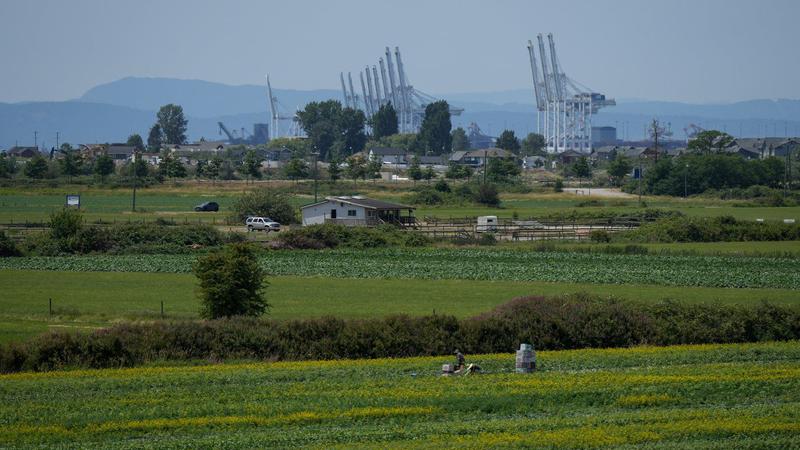
Agriculture Roundup – Aug. 28, 2023
B.C. farmers say they’re increasingly concerned about climate change and the impacts of extreme weather on food production in the province.
The province’s farmers can grow fruit and vegetables that won’t grow in other parts of Canada, and B.C. also boasts Western Canada’s only major winery regions.
But in the last three years, B.C. farmers have suffered through drought, extreme heat, flooding and fires.
These disasters have resulted in crop failures, livestock losses and widespread damage to farmland and infrastructure.


